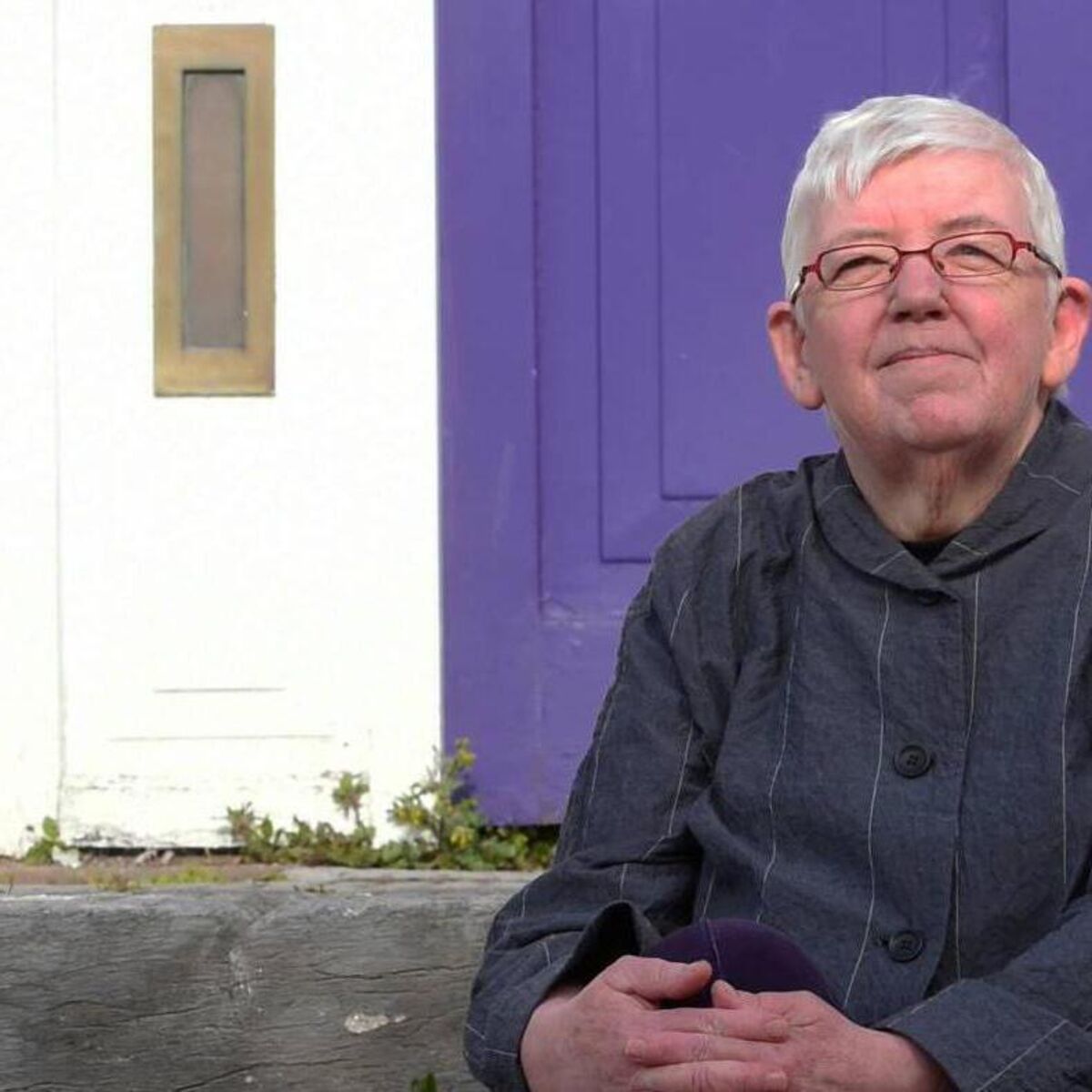Copyright irishexaminer

Decisions on compensation for crime victims are currently made by the Criminal Injuries Compensation Tribunal, which does not have a statutory footing. The scheme is administered by the Department of Justice. Compensation only covers financial losses, such as lost earnings and vouched out-of-pocket expenses and bills. It does not compensate for pain and suffering. It also only covers personal injury and does not provide compensation for stolen or damaged property. Earlier this month, the Court of Justice of the European Union ruled that EU member states are obliged under a 2004 directive to provide both material and non-material damages, including compensation for pain and suffering, to victims of violent crime under their respective state compensation schemes. The ruling was a judgement on a case referred to it by the Irish High Court, relating to a Spanish resident of Ireland who suffered injuries in a 2015 assault. The man had argued he had suffered a significant eye injury resulting in a permanent partial loss of vision, as well as other injuries to his jawbone, chest and shoulder. He also said he suffered mental distress and anxiety arising from the incident, and was dismissed from work, having been absent from his employment because of the assault. He was deemed eligible by the Criminal Injuries Compensation Tribunal for a total €645.62 in compensation for out-of-pocket expenses including replacement of his driving licence and glasses, purchase of medicine, hospital costs and travel expenses. In its newsletter, the Law Reform Commission referenced the case, saying: “We are finalising the text of the report and bill on compensating victims of crime following on from the recent decision by the CJEU in L.D. v The Criminal Injuries Compensation Tribunal. We will then have some final stakeholder consultation.” It added: “We anticipate that this report will be ready for publication in early 2026. The report makes recommendations for the establishment of a statutory body and the implementation of a statutory scheme of State compensation for victims of crimes against the person.” Mary Crilly of the Cork Sexual Violence Centre says the current system is unwieldy for victims, and there is a time pressure on victims to make their applications for compensation. Those applications must be made in writing within three months of the date of the incident which resulted in the injury. Ms Crilly said: “The big issue is the time limit. Often by the time people come to us, it is too late to apply.” She also said the fact that it is currently on a non-statutory footing means the existence of criminal injury compensation is not known about by many victims. She said: “It is like it is invisible, it is not known about.” Currently, the scheme operates with the principle of not having a victim receiving double compensation. As a result, for example, any compensation from the offender, either voluntarily or court-ordered, will be deducted from an award of compensation claimed under the scheme. The application form for non-fatal injuries highlights: “The Tribunal will take into account social welfare payments and employer payments and reduce the award accordingly.” At present, families of people who have died as a result of criminal injury, including victims of murder and manslaughter, can receive a payment of up to €35,000 for mental distress. Dependents of the dead person can also qualify for the actual loss of earnings and expenses that may have been incurred before the death; future loss of support or maintenance for anyone who was dependent on the victim, and the costs of funeral and burial expenses. Ahead of its consultation process on the review, the Law Reform Commission noted a number of issues with the scheme. It said: “Claims must be submitted within three months of the offence, although the Tribunal has discretion to extend this period. "It is not clear from the provisions of the Scheme whether a victim who has suffered a purely psychological injury, rather than physical injury, can be compensated under the scheme.”



